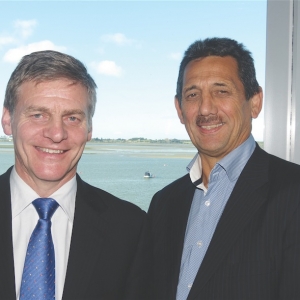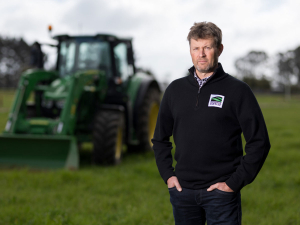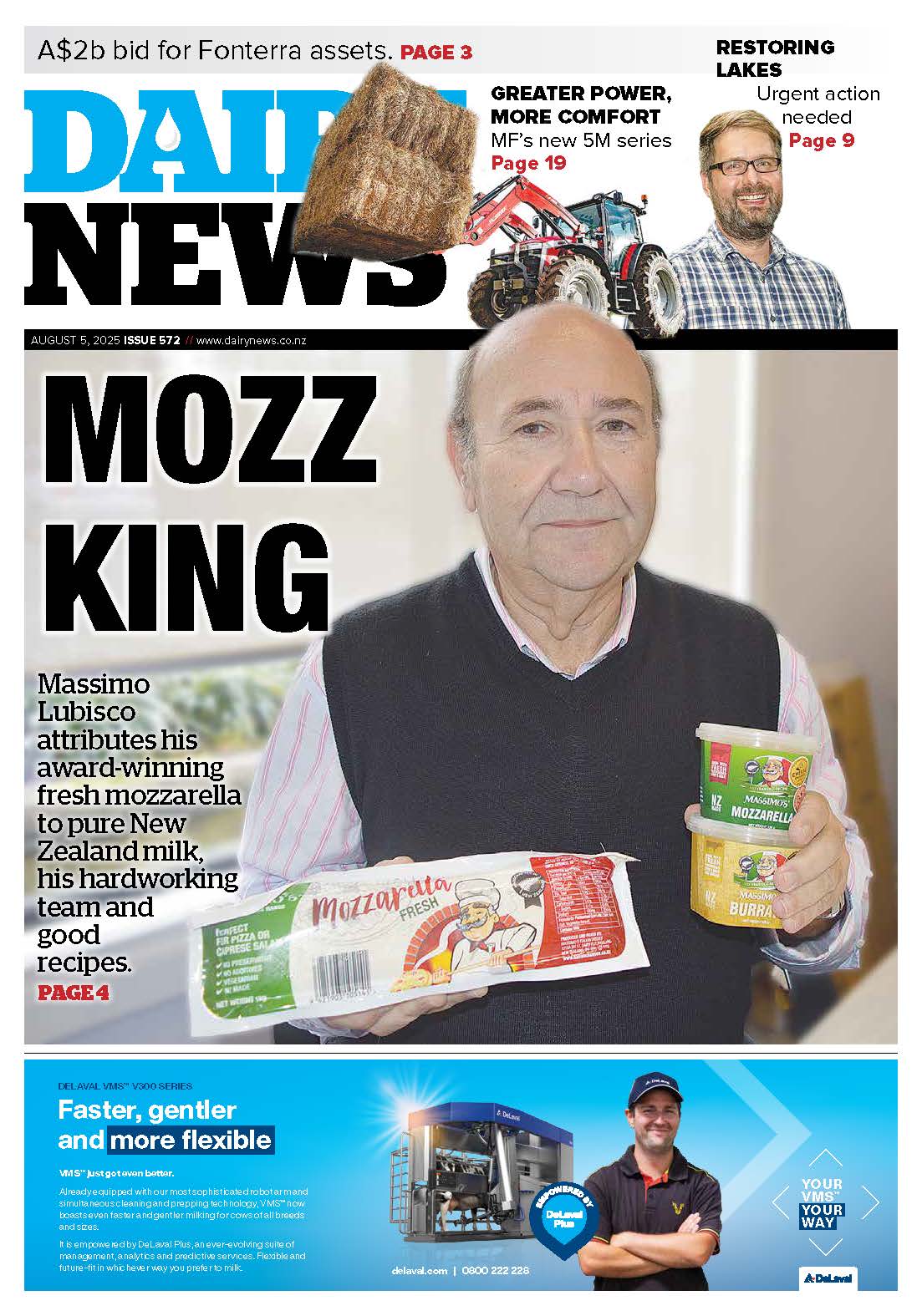English made his comments at an economic seminar run this month at Tauranga by the Bank of New Zealand just prior to the announcement of winner of the Ahuwhenua Trophy for the top Maori dairy farm of the year.
English says public backlash could shut down growth in the agricultural sector.
“It drove me mad to know that one guy with broken-down typewriter – the Fish & Game guy – was winning this public argument up against this multi billion-dollar, highly sophisticated agricultural industry. He won the ‘dirty dairying’ argument.
“Some people think that doesn’t matter, but agriculture is one of the bigger drivers of productivity in recent years. That’s why we have invested four-five years in this exhaustive collaborative process of getting a freshwater framework right. Now we are starting to see agricultural businesses with multi billion-dollar balance sheets spending more time understanding the science and exerting influence.”
English says farming has a lot of credibility with the public and it often underestimates this. Leaders such as Feds president Bruce Wills have done much to raise issues in a reasoned way and claw back lost public credibility.
He also says farming must help train and encourage young people to work in the sector.
“Too many cockies expect they should just be able to go to the market and find people who can do all sorts of stuff, who are cheap and don’t mind working 16 hours a day. But those days are coming to an end and a bit more investment by the industry is needed.
“Getting farmers to work together is almost impossible, but it can happen and more collective effort on the skills base is going to be required.”
English says public opinion is beginning to change for the better, moving out of an era when farmers were too defensive in their messaging.
“Going on about how urban people don’t understand farming is precisely the wrong thing to say. You say that to them and they say ‘oh yeah, I don’t understand it’. It’s just ridiculous: urban people are quite capable of understanding agriculture and in fact they are quite interested in it.”
It’s possible to sensibly discuss with anyone how our environment has ended up the way it is and who manages it.
“I often [tell city people] that an environmental manager is a 22 year-old up at five o’clock in the morning opening the gate and chasing the cows around in the rain. And they reply ‘oh yeah, I suppose so’. Then I say ‘now let’s have a discussion about how you want them doing things differently’.”
English says it’s important farmers aren’t defensive, that their arguments are based on good science and that they treat any audience with respect.
















